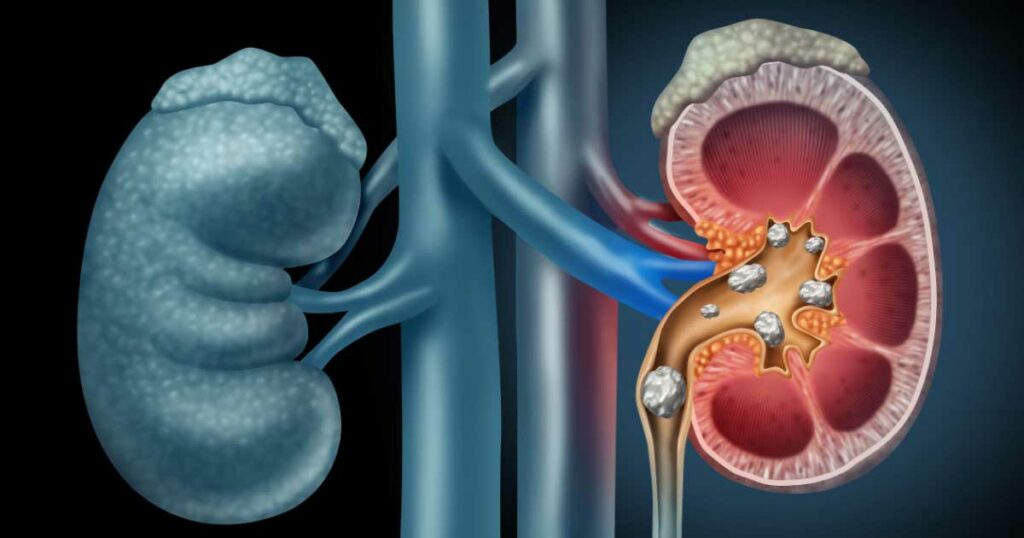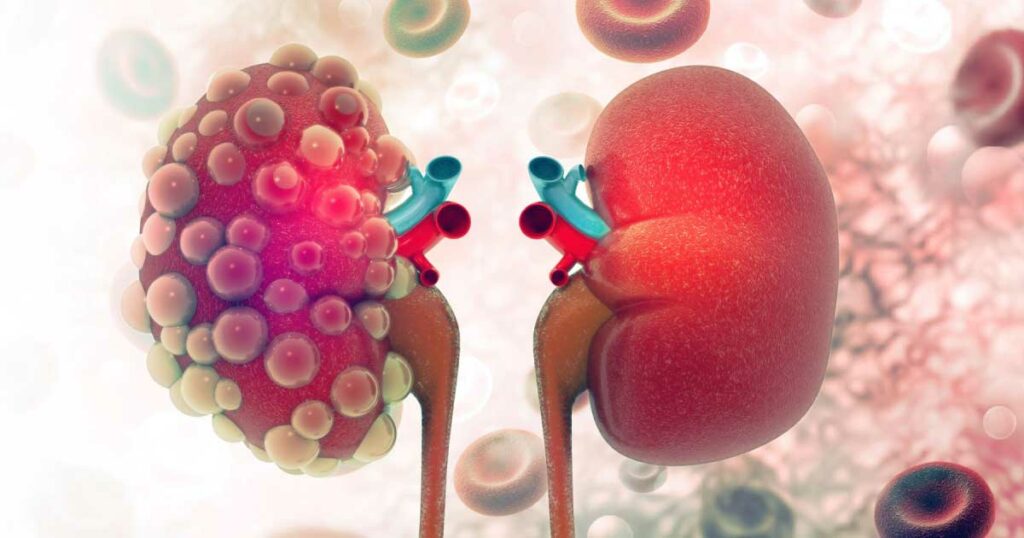Your kidneys play an essential role in keeping your body healthy by filtering out toxins, balancing fluids, and regulating blood pressure. However, kidney disease can develop gradually without noticeable symptoms until significant damage has occurred. Learning to recognize early warning signs can help you take action before the condition worsens. By paying attention to your body’s signals, you can seek timely medical care and prevent serious complications.

The kidneys, located just below the ribcage, filter about 50 gallons of blood each day, removing waste and excess fluids to produce urine. They also help maintain electrolyte levels, support red blood cell production, and control blood pressure. When they become damaged, they lose their ability to perform these essential functions, leading to the accumulation of toxins in the bloodstream.
Kidney disease occurs when these organs can no longer function properly due to conditions such as high blood pressure, diabetes, infections, or genetic factors. Over time, if left untreated, kidney disease can lead to kidney failure, requiring dialysis or a transplant. Because symptoms often appear late, it is important to recognize the early signs.

One of the first indicators of kidney trouble is a noticeable change in urination patterns. You may experience frequent urination, especially at night, or notice a decrease in urine output. Foamy, dark, or cloudy urine may also signal kidney dysfunction. Persistent fatigue is another red flag, as impaired kidney function can lead to toxin buildup and anemia, resulting in weakness and a lack of energy.
Swelling in the hands, feet, ankles, or face is common in kidney disease due to fluid retention. This can make everyday activities uncomfortable and may be accompanied by persistent back pain in the lower ribcage region. This discomfort may be dull and aching or sharp and severe, depending on the underlying cause.

Unexplained weight loss, reduced appetite, and frequent nausea or vomiting may also indicate kidney problems. When waste products accumulate in the body, they can affect digestion and overall well-being. Many people with kidney disease struggle with restless sleep due to muscle cramps and electrolyte imbalances.
A metallic taste in the mouth or persistent bad breath could be a sign that toxins are not being properly filtered from the body. Muscle cramps, twitching, and constant itching can also point to kidney dysfunction, as imbalances in calcium and potassium levels can affect nerve and muscle function.
If you experience multiple symptoms, it is important to seek medical evaluation as soon as possible. Early diagnosis and treatment can prevent further kidney damage and improve your quality of life.
To maintain kidney health, adopting a healthy lifestyle is essential. Eating a well-balanced diet, staying hydrated, exercising regularly, and avoiding excessive alcohol and tobacco use can help protect your kidneys. Regular check-ups, especially if you have a family history of kidney disease, can detect problems early and reduce the risk of severe complications. By taking proactive measures, you can support your kidney health and overall well-being.


